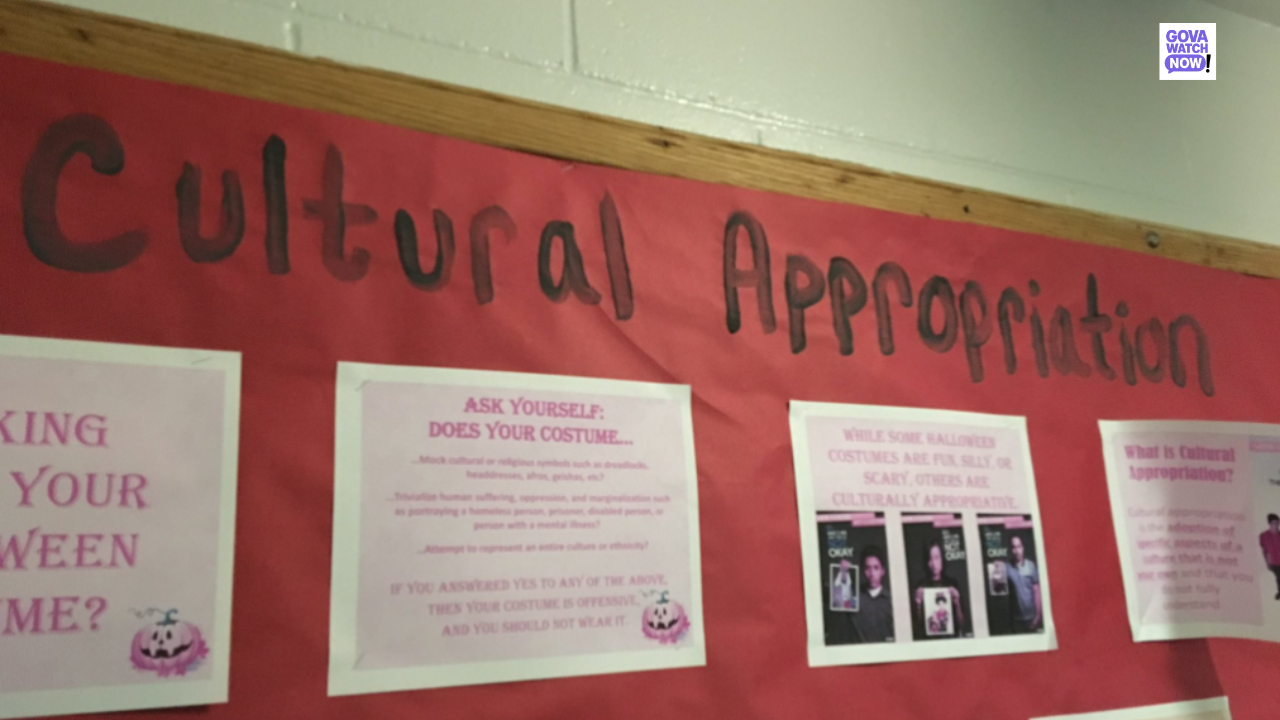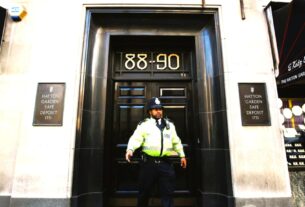Students across universities are being advised that feeling uncomfortable or even offended during lectures and discussions is increasingly normal, and perhaps inevitable. A recent global survey of academics by Times Higher Education found that 80% of UK university staff believe freedom of speech on campus has become more restricted than it was a decade ago, often due to concern over upsetting students. This trend isn’t just theoretical: professors in fields like psychology and law report frequent self-censorship, avoiding challenging topics such as gender debates or colonial history to slip past hypersensitive reactions.
One UK psychology lecturer admitted the atmosphere has become stifling, with most instructors opting to tone down their personality in front of students to avoid “breaking the delicate moral code.” Another British academic shared how a humanities lecturer was publicly labelled a “transphobe” by an anonymous student union campaign, backed even by HR at their university, forcing them into wary silence and altering their teaching content.
This shift has created a chilling effect: faculty report worrying about crossing invisible boundaries that define “offensive” speech. At the same time, growing student expectations, framed around trigger warnings and “emotional safety”, increasingly intersect with bureaucracy. Most universities now require formal risk assessments for external speakers, and rumors swirl of policies designed to protect students from content deemed too “traumatic” or “controversial.”
Umbrella concerns loom over topics like the Israel-Palestine conflict, race, colonial legacies, and gender issues. While students understandably seek supportive learning environments, many educators fear this sensitivity is leading to a breakdown in debate. One senior UK academic summed it up bluntly: “Student consumers now increasingly dictate what they want to hear in lectures,” leaving little room for friction or disagreement.
The problem isn’t limited to one side of the classroom. Research shows 68% of academics generally self-censor, rising to 74% among women, as teachers preempt backlash rather than face it head-on. Younger faculty appear especially wary, a trend some interpret as a form of “intellectual risk aversion,” as they soften their messages to conform and protect career prospects.
So what’s changed? Experts point to a mix of cultural and institutional shifts: tighter university bureaucracy, amplified reactions via social media, and a broader “culture of delicacy” in public discourse. The result is an environment that prizes emotional comfort, sometimes at the expense of robust intellectual challenge.
Yet many warn these costs dearly. Free expression, the foundation of academic growth, is at risk if educators feel constrained and students aren’t exposed to diverse viewpoints. Critics stress that education should be messy, uncomfortable, and even offensive at times; that’s where true learning happens. After all, encountering ideas that challenge your worldview is a sign you’re growing and thriving.




